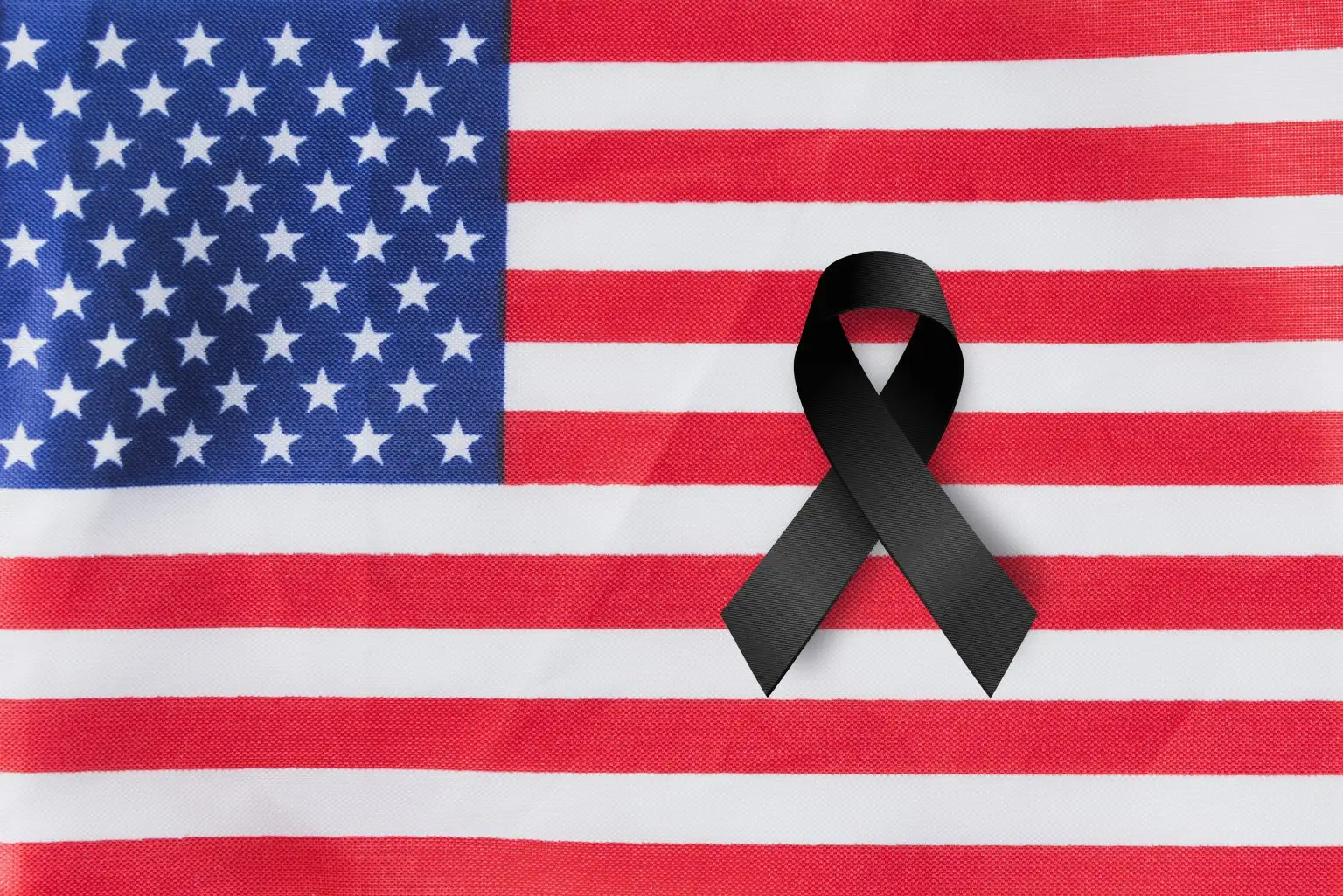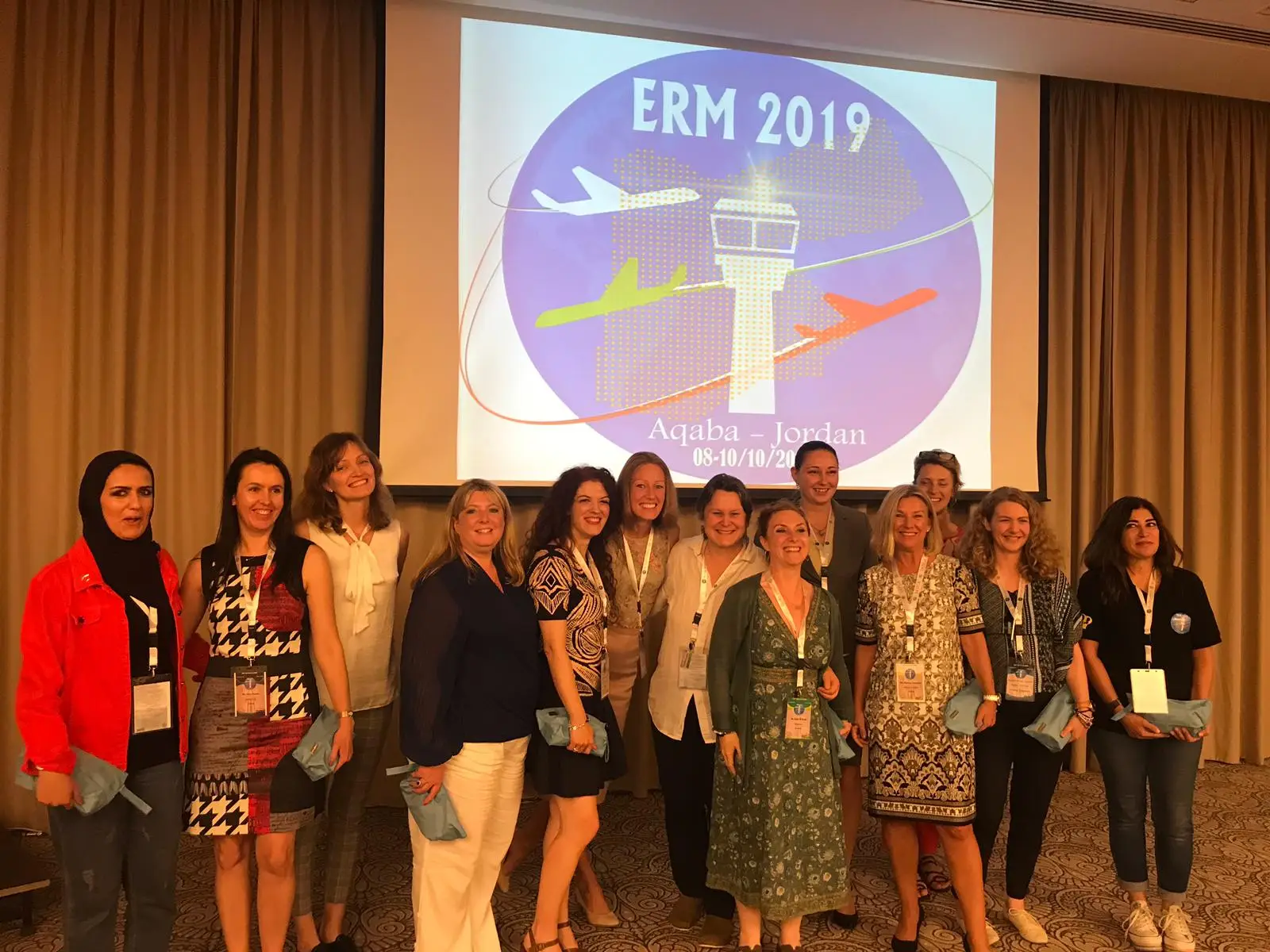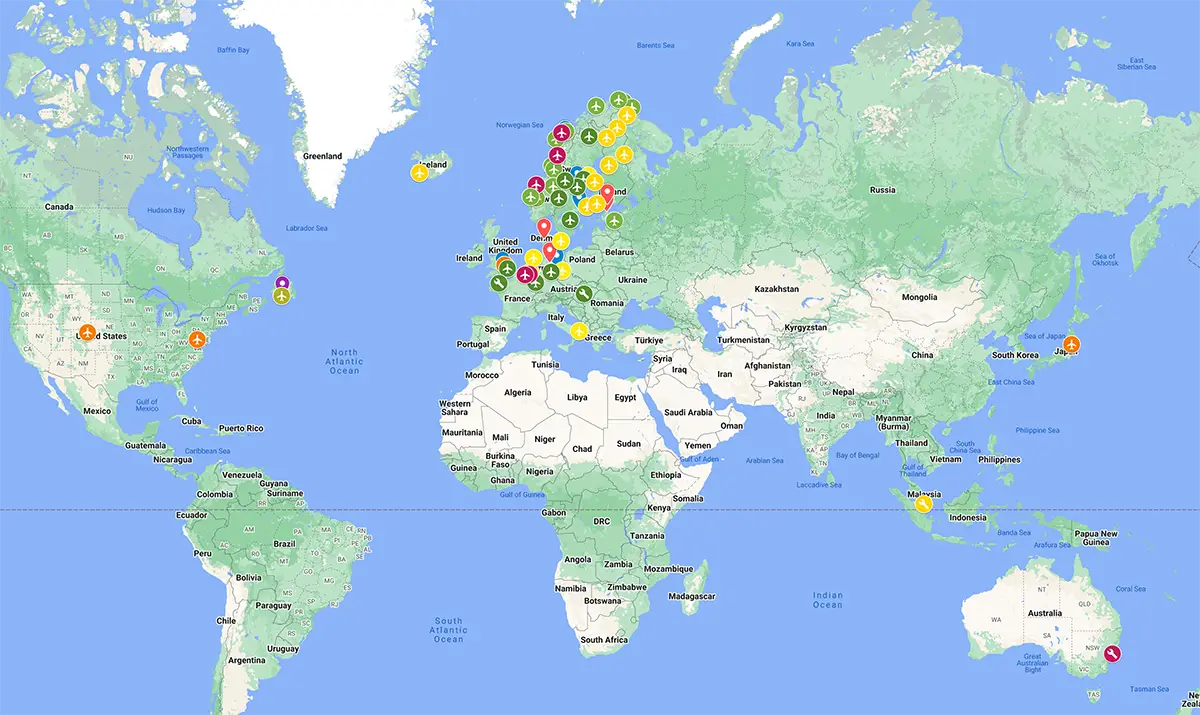The International Federation of Air Traffic Controllers’ Associations (IFATCA) is the independent, international federation with member associations in 130 countries worldwide. Among the objectives of the Federation is the promotion of safety, efficiency, and regularity in international air navigation, along with safeguarding the interests of air traffic controllers. To accomplish our objectives, we closely co-operate with various other aviation authorities and institutions including the International Civil Aviation Organization (ICAO), the International Federation of Airline Pilots’ Associations (IFALPA), the International Air Transport Association (IATA), the International Labour Organization (ILO), and the International Transport Workers Federation (ITF).
Air traffic control is one of the world’s most demanding professions. It requires a unique combination of intelligence, composure, and resilience, all dedicated to ensuring aviation safety. Air navigation service providers, like the FAA, invests in training to develop new recruits into fully qualified air traffic controllers which takes many years. This process involves multiple stages of assessment, where trainees must meet high standards before advancing to the next stage of training.
Becoming a certified air traffic controller is a challenging journey, demanding both mental and physical endurance. The training process spans years and includes classroom instruction, simulation exercises, and extensive on-the-job training, all of which require mastery of intricate procedures and rapid decision-making. Given the fast-paced nature of the profession and its cognitive demands, many trainees do not succeed.
Even after certification, air traffic controllers undergo continuous training and evaluation to maintain their proficiency. This ongoing development ensures that controllers remain at the top of their game, consistently meeting the high standards required for safety and efficiency in the airspace.
Additionally, air traffic controllers are held to stringent physical and mental health standards to ensure they are fit for the demands of the job.
Those who succeed in becoming certified controllers take immense pride in their work, demonstrating an unwavering commitment to serving the public. They play a critical role in supporting their countries’ economic success while ensuring the safe movement of aircraft both on the ground and in the air.
We continue to stand in solidarity with the air traffic controllers at the Washington National Air Traffic Control Tower, Potomac TRACON, and the members of the National Air Traffic Controllers Association (NATCA) during this difficult time. We acknowledge the immense challenges they face in the aftermath of recent incidents and reaffirm our commitment to supporting them throughout the grieving process, and the on-going investigation.
Our deepest condolences go out to the victims of American Eagle flight 5342 and the Blackhawk helicopter, as well as their families, friends, and all those affected by the tragic accident at Washington National Airport on January 29, 2025.
IFATCA EXECUTIVE BOARD








